Explore the Best AI Image Gallery
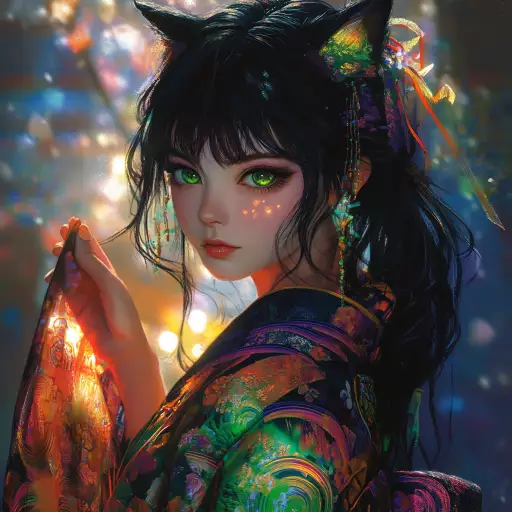
Painted Pixels: How AI-Generated Images Are Transforming Marketing
The world of marketing is undergoing a dramatic shift, fueled by the rapid advancements in artificial intelligence (AI). One of the most fascinating developments in this realm is the emergence of AI image generation tools, capable of producing stunning and original visuals at an unprecedented scale. These tools are revolutionizing how brands create content, personalize customer experiences, and tell their stories.
A New Era for Marketing Creativity
Traditionally, marketing relied heavily on human designers to conceive and execute visual concepts. While skilled creatives remain essential, AI image generators offer a powerful new toolset that can augment their capabilities. Marketers can now:
- Generate diverse visuals: From product mockups to social media graphics, AI can create a wide range of images tailored to specific marketing needs.
- Personalize campaigns: Imagine generating unique visuals for each customer based on their preferences or purchase history. AI makes this level of personalization possible at scale.
- Experiment with ideas rapidly: Marketers can iterate through numerous design concepts quickly and efficiently, exploring different styles and aesthetics without extensive time investment.
Applications Across Marketing Channels
The applications of AI-generated images in marketing are vast and continually expanding. Some notable examples include:
- Social Media: Creating eye-catching visuals for posts, stories, and ads to capture audience attention.
- E-commerce: Generating product images from scratch or variations of existing ones to showcase merchandise in different contexts.
- Content Marketing: Illustrating blog posts, articles, and website content with relevant and engaging visuals.
- Email Marketing: Personalizing email campaigns with dynamic visuals that resonate with individual subscribers.
Ethical Considerations in the AI-Generated Landscape
While the potential of AI image generation is immense, it also raises important ethical considerations:
- Copyright and ownership: Who owns the rights to AI-generated images? This legal grey area requires further clarification.
- Bias and representation: AI models are trained on existing data, which may contain biases that perpetuate stereotypes. Its crucial to ensure fairness and inclusivity in AI-generated content.
- Transparency and accountability: Users should be aware when they are interacting with AI-generated content. Transparency about its creation is essential.
Looking Ahead: The Future of AI Images in Marketing
The future of AI image generation in marketing is bright, with continuous advancements pushing the boundaries of whats possible:
- More sophisticated and realistic visuals:** Expect AI to generate increasingly lifelike and detailed images.
- Seamless integration into workflows:** AI tools will become more intuitive and integrated into existing marketing platforms.
- Personalized and interactive experiences:** Imagine AI-powered campaigns that adapt in real-time based on user interactions.
As AI image generation evolves, marketers who embrace its potential will have a significant advantage in creating engaging, personalized, and impactful campaigns. However, its crucial to navigate the ethical considerations responsibly to ensure a future where AI technology empowers creativity and benefits society as a whole.



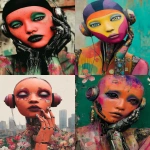











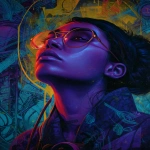




](https://images.ai-img.art/thumbnails/150/1aa8215ea9a4f6970e81a10bdb4feb3b08d5e1a202c3c7ed2c9380f2f63d5a74.webp)


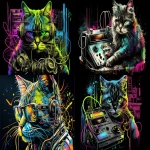





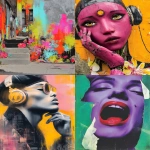














](https://images.ai-img.art/thumbnails/150/33d5e6d1da2b8ec2c4b8eab20d051c27c26d7a4991a77faf06fd03e96617fb1e.webp)




](https://images.ai-img.art/thumbnails/150/664a559b73eaff070d6f7fc7b3b151718aef9fa3a3f12f90b3c9092ceaa3cb56.webp)